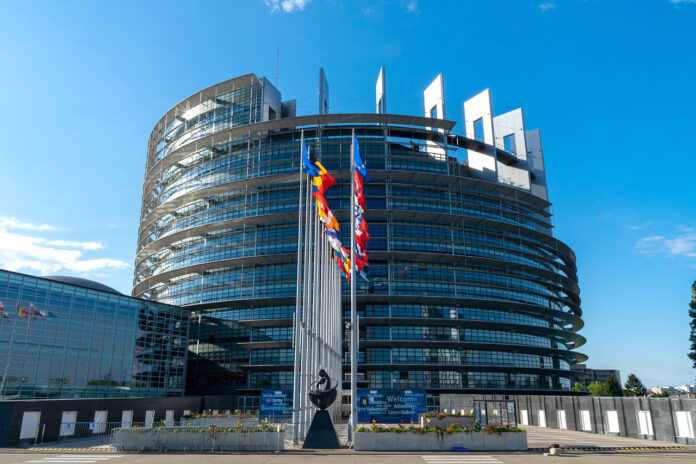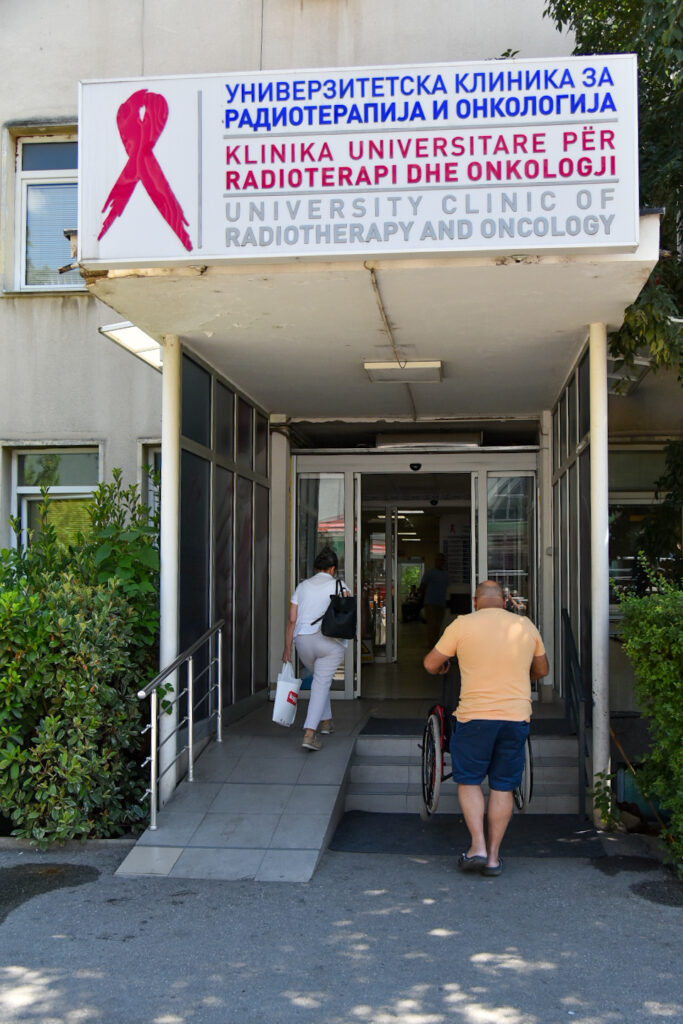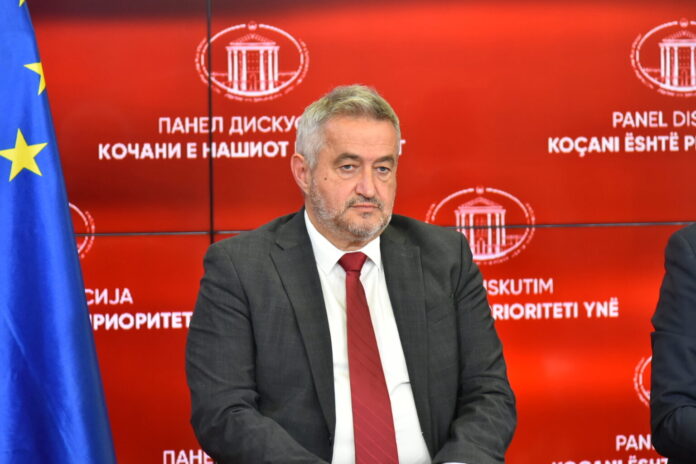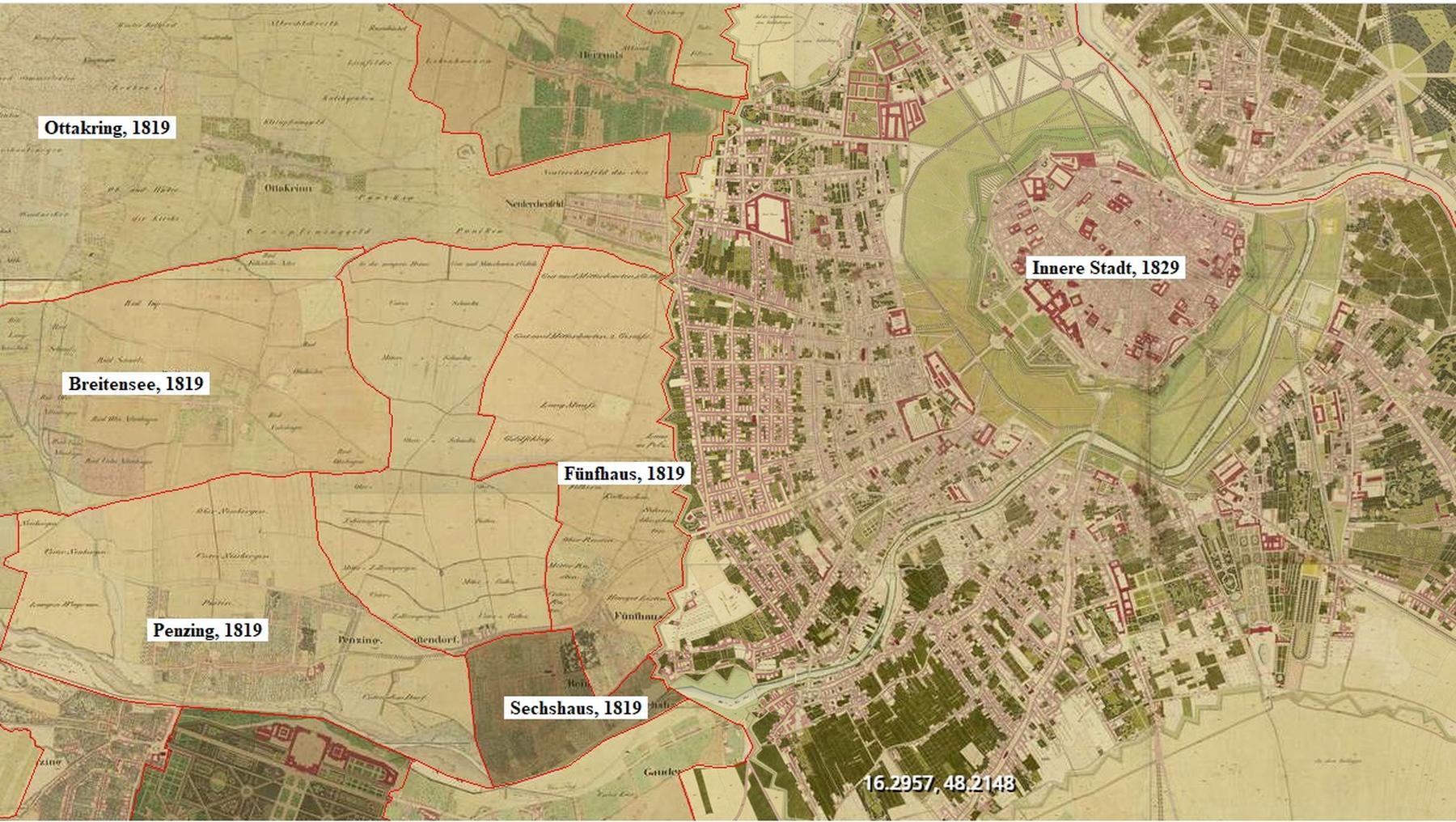Affet will vote for the adoption of Weitz’s report on the country

Members of the European Parliament’s Foreign Affairs (Affet) Committee are due to vote for the adoption of the 2023 and 2024 draft report on the country prepared by Austrian MEP Thomas Weitz.
The document recalls the need to maintain the momentum and credibility of the European integration process and notes that the country continues to show commitment to European integration and compliance with EU policies.
– The European Parliament calls for rapid progress in accession negotiations, while emphasizing the importance of adopting unpaid constitutional amendments; It encourages all political parties in Northern Macedonia to engage in constructive dialogue to reach the necessary consensus on these amendments, which would strengthen the multiethnic character of the country and accelerate its progress towards EU membership, the Wayz’s draft report is highlighted.
The document states, among other things, that democratic institutions in the country are « satisfactory », but that political polarization remains an obstacle to the necessary reforms and is calling for intensification of efforts to strengthen the rule of law and the independence of the judiciary, the fight against corruption, the reform of public administration.
In the basic proposed text of the report, which was published on March 18, a total of 313 amendments were submitted, most of which exploit or supplement some parts of the document, but there are also those that incorporate new content or grades.
Special attention was caused by the amendments that emphasize the Macedonian language and identity. Thus, Weitz himself and the chairman of the AFET, German MEP David McAllister propose amendments to inserting a new D-A point with identical content: « Given the EU constantly shows its recognition of the Macedonian language and identity. »
Dutch MEP Tais Royten, meanwhile, proposes the addition of indent 19a in the report, which would be « given the constant recognition of the Macedonian language and identity by the EU ». Rogen proposes another amendment to Article 2 to complement it with the text « with full respect for the Macedonian language and identity », while Weitz proposes complementing the same article with the words « and full respect for the Macedonian language and identity ».
MEPs Dan Barna, Urmas Paet and Petras Austrevichius are also jointly nominated by Article 2, requiring the insertion of the text « and fully recognizing the Macedonian identity and language ».
Croatian MEPs Carlo Resler and Davor Ivo Stier propose a new Article 2b that would be « confirmed by the importance of unambiguous recognition and respect for the Macedonian language and identity as an integral part of the country’s legacy, constitutional order, but also from European values; Prespa Agreement;
On the eve of the Affet session, President Gordana Siljanovska Davkova said she expects support for the proposals that « guarantee the Macedonian identity and the Macedonian language », because otherwise it « will speak very bad about the democratic capacity of the European Parliament ».
– Honestly, I did not expect in the 21st century in the European Parliament to read or hear some amendments, imagine in the 21st century to dispute one’s identity. It is an unknown phenomenon, especially as you sit in an institution that is part of the EU in which basic, constitutive documents such as the EU Treaty, the Lisbon Treaty, the Charter of Fundamental Rights, guarantees respect for national and cultural identity, human dignity and integrity. That’s something shocking – said Siljanovska Davkova.
Prime Minister Hristijan Mickoski, meanwhile, assessed that it is important that the report for the first time mentions a special Macedonian identity, which, according to him, has a chance to correct historical injustice and state that we have a Macedonian identity and a special Macedonian language.
He emphasized that the proposals of some Bulgarian MEPs in the report before the Macedonian identity to the word « current » is an attempt to impose the thesis that the Macedonian nation is artificially created on the roots of the Bulgarian nation.
« I will not accept it and reject it and I will never accept it, because it has nothing to do with either European or any values, » Mickoski said.
The prime minister noted that a number of telephone conversations had been achieved with Weitz’s draft report. « Yesterday I had a number of phone calls, the foreign minister also other people in the government also discussed during the day, so we wait for tomorrow’s day, » Mickoski said yesterday.
At yesterday’s debate in Affet dedicated to the accession process with EU Enlargement Commissioner Martha Kos, Bulgarian MEP Stanislav Stojanov asked her if there was an explanation or information « where they could vote for six identical amendments that insert the Macedonian language ».
He tried to challenge Weitz’s report claiming that he had « unannounced meetings » with the Macedonian authorities and violated the European Parliament’s transparency rules, which, according to him, the proposed text was compromised and unbiased.
Stojanov and his compatriot Ivaylo Valchev accused of « leaking real -time information » while preparing the report and announced that they had asked the parliament’s leadership to stop his adoption.
In addition to the amendments to the Macedonian language and identity, the Cypriot MEP George Georgiu also proposes inserting a new Article 35a in the draft report that would be: « It encourages Bulgaria and Northern Macedonia to find a mutually acceptable solution to unresolved bilateral issues ».
In this context, yesterday’s debate in Affet, Kos said that the country and Bulgaria should start talking intensively and find a solution to the bilateral issue and that it is ready to be a facilitator if necessary.
Bulgarian MEP Andrei Kovachev reacted to this, who said there was no bilateral issue between Skopje and Sofia, but only « the conclusions of the council that must be fulfilled so that the country can start negotiations ».
Kos responded that this is a European question, but it is also a matter of a member state and a candidate state and they must discuss.
– I agree that we all have to worry about reconciliation and good neighborly relations, not just Northern Macedonia, not just Bulgaria, but all of us. But that is not possible without talking to each other – added Kos.
The draft report is accompanied by an explanatory statement by Weitz stating that the years of failures and unfulfilled promises have understood the frustration, disappointment and a continuous decline in public support for the country’s EU integration, but in these times of major changes in the international world order.
– All political actors, especially lawmakers from the ruling coalition and the government, must use this moment and engage in constructive dialogue to reach a consensus on constitutional amendments. The EU and its member states must fully support this venture, including by guaranteeing that constitutional changes will not lead to additional bilateral requirements – said Weitz.
The Austrian MEP adds that in order to overcome the Bulgarian veto for the start of the country’s accession negotiations, in 2022 the EU « included Bulgaria’s demands in the Council’s conclusions related to the accession of Northern Macedonia, with the EU acting as a guarantor of their implementation ».
– so -called The « French proposal », however, has set a worrying precedent, allowing the accession process to be used to resolve cultural and historical disputes – highlights Weitz, among other things, in the statement.
Otherwise. – MEP Weitz wants to organize meetings as inclusive as possible, one of his assistants said.
The EP’s press service to MIA then informed that the report on the country is not the agenda of the May May Session for « purely administrative reasons ». « It often happens in the affet, » an EP spokesman said.
If, the affairs of today’s vote supports Weitz’s draft report, then the European Parliament will vote for its final adoption at the July plenary session.
In addition to the country, on the agenda of today’s session of the AFET is the adoption of the draft reports for 2023 and 2024 for Albania, Bosnia and Herzegovina and Georgia, as well as the draft report and the Draft-Recommendation on the Agreement on Enhanced Partnership and Cooperation between the European Union.
In addition to the votes on these documents, the Affet members will also be briefed on the Albanian parliamentary elections of May 11, 2025, and will also have an exchange of opinion with the Acting Acting. CEO of the Directorate General for the Middle East, North Africa and the Persian Gulf, Stefano Sannino.








